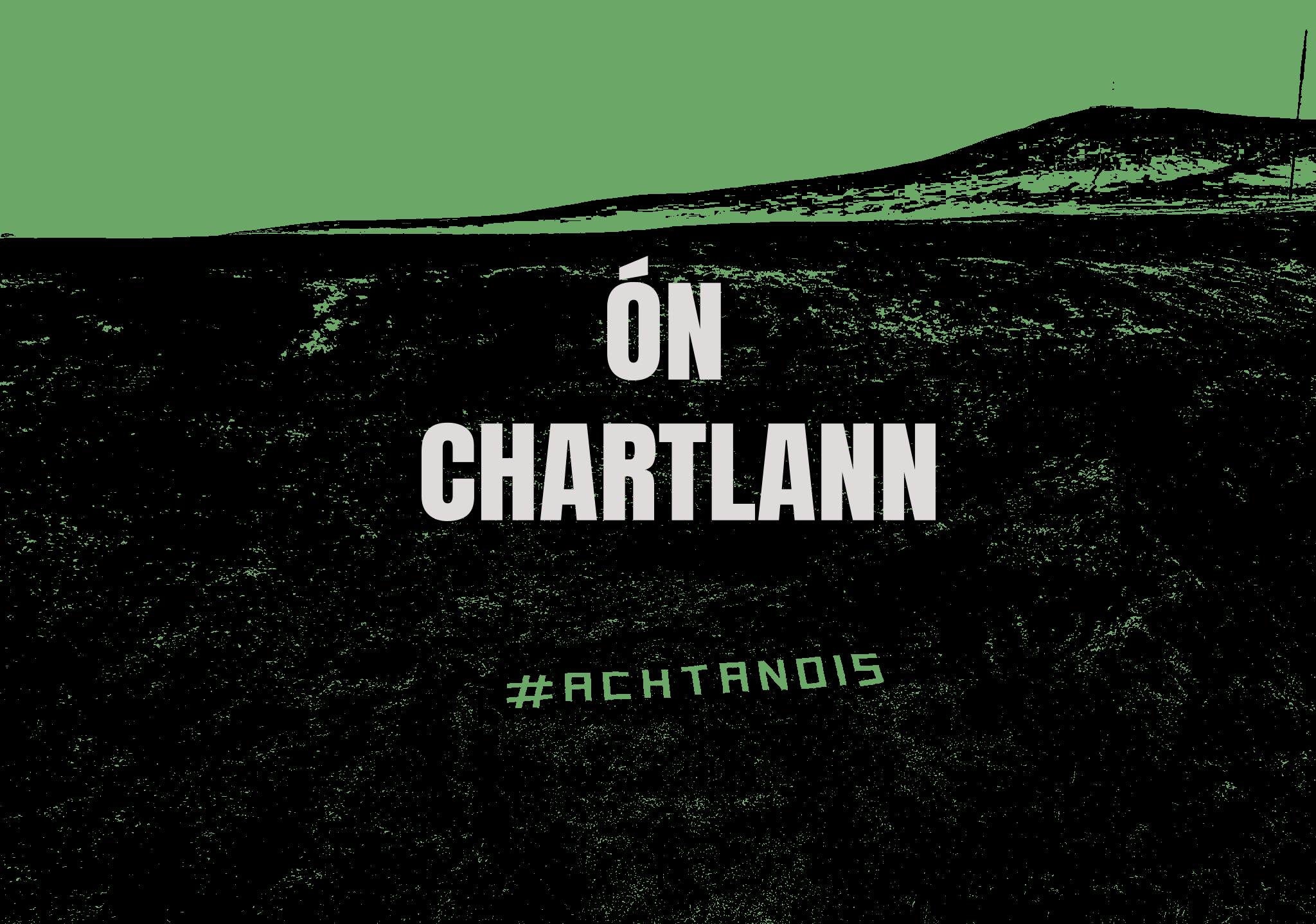An litir dhearg
Bí ar an eolas! Faigh ár nuachtlitir le bheith suas chun dáta leis na feachtais ar fad.

IRISH language legislation is set to return to the House of Commons on Wednesday for the second reading of the bill.
The bill which would grant official status to the Irish language passed all stages in the House of Lords in July.
Entitled the ‘Identity and Language (Northern Ireland) Bill,’ the first reading of the bill passed through the House of Commons with no debate.
The second reading of the bill is the first opportunity for Members of Parliament to debate the main principles of the bill. Following the debate, the House of Commons will decide whether the bill should be given its second reading by voting, this would allow the bill to proceed to the next stage. Once the second reading is complete the bill can proceed to committee stage
This legislation would grant official status to the Irish language which would be protected by a new Commissioner, whose role would be to develop best practice standards for public authorities to follow.
The NIO has said in a statement that the bill would “deliver measures to promote and respect the North’s diverse national, cultural and linguistic identifies".
“It will provide for the recognition and protection of the Irish language and the development of the Ulster Scots and Ulster British tradition.”
Additionally, the bill would allow the creation of two Commissioners and an Office of Identify and Cultural Expression.
Irish Language campaigners have been at the forefront of ensuring the protection and promotion of the Irish Language in the North and delivering legislative provisions for Acht na Gaeilge as an intricate part of the New Decade, New Approach agreement which restored power sharing in January 2020.
Dr Pádraig Ó Tiarnaigh, Bainisteoir Cumarsáide with Conradh na Gaeilge said: “This bill is long, long overdue. We are almost three years since the New Decade New Approach Agreement committed parties and both the British and Irish Governments to finally bringing this legislation forward, never mind us being 16 years on since the original commitment was given at St Andrew’s.
“As we approach 25 years of the Good Friday Agreement, which was to herald a new era of equality and ‘resolute action’ for the language, our community and schools continue to face marginalisation and opposition. While this bill will certainly not resolve those issues, it is undoubtedly a crucial staging post on our journey towards comprehensive, rights-based language rights.
“Conradh na Gaeilge is pushing for several amendments as the Irish language legislation reaches the House of Commons. For example, given the recent High Court ruling around the failure of the Executive to implement an Irish language strategy, it would be timely and important to ensure there are provisions in the bill to resolve that long running breach of the law. We will be continuing our engagement with parties and MPs from across the House of Commons, and the British Government and NIO, to ensure this legislation is as strong as possible.
“As soon as this bill becomes law the immediate focus will be, in the absence of an Executive, the British Secretary of State appointing an Irish Language Commissioner without any delay so as to begin the functioning and implementation of these new Irish language laws. That will be the vital litmus test of how sincere the British Government actually are.”
Bí ar an eolas! Faigh ár nuachtlitir le bheith suas chun dáta leis na feachtais ar fad.